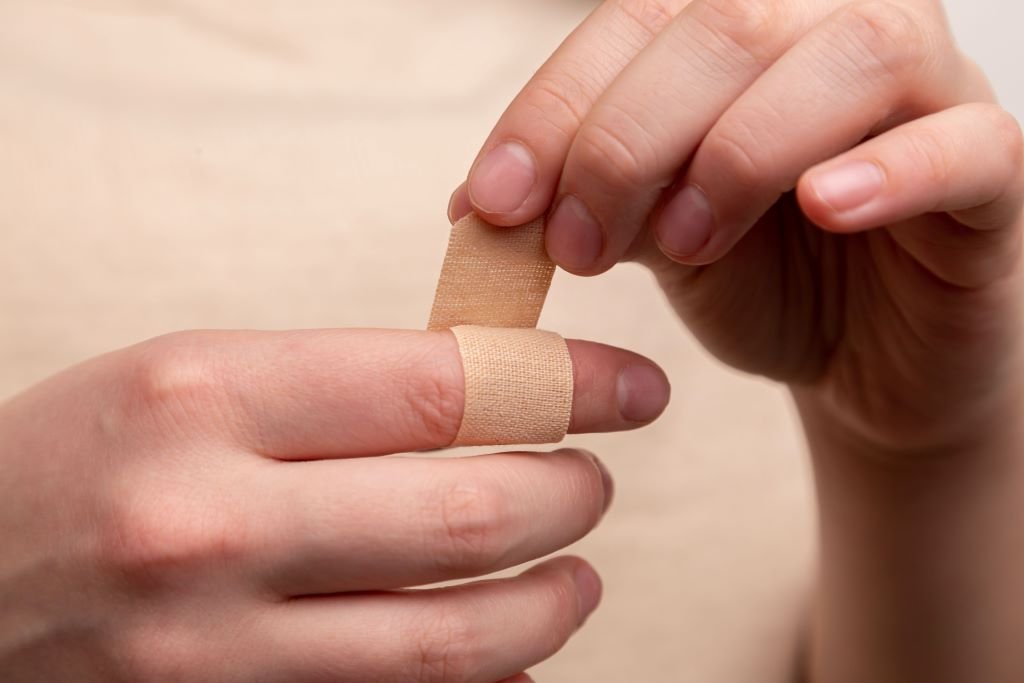How to stop feeling triggered about being responsible for healing
Photo by Diana Polekhina on Unsplash
Have you been told you're responsible for healing after trauma? For example, someone says it's not your fault what happened to you, but it's your responsibility to heal from it.
While it may be true, this advice always hit me the wrong way. I cringed a little whenever I heard it was my responsibility to heal even though what happened to me wasn't my fault.
After some healthy self-curiosity, I realized the reason why the saying rubbed me the wrong way.
I've been responsible for so much since I was a little child. And mostly things that should not have been my burden to bear.
I've been responsible for my younger sibling when my parents refused to get out of bed. I've been responsible for healing relationships other people took no part in repairing.
I became over responsible as an adult, resulting in poor boundaries and codependency. I'd abandoned my needs completely in order to stay responsible for everyone else.
So, when I heard the word responsible applied to my own healing journey, I had a visceral response. I recoiled and shut down and put my fingers in my ears.
Using the language of responsibility to describe healing for people who have been parentified, may be counterproductive. It sounds like the old blame and shame that we're trying to break free from.
What to say instead of "you're responsible for healing"
That's why I've decided on a more compassionate alternative to "you're responsible for healing". It sounds like, "the most loving thing you can do for yourself is to heal."
Instead of the drudgery and thanklessness we associate with past responsibility, you reframe it as an act of self-love. You heal the inner child when you tell her you're going to love and care for her this way.
You stop shaking your finger at yourself and instead hold yourself in a warm embrace. The most loving thing you can do for yourself is to heal. Remember that.
If you’d like to get my 4-step process for healing childhood trauma, watch the free masterclass here.

